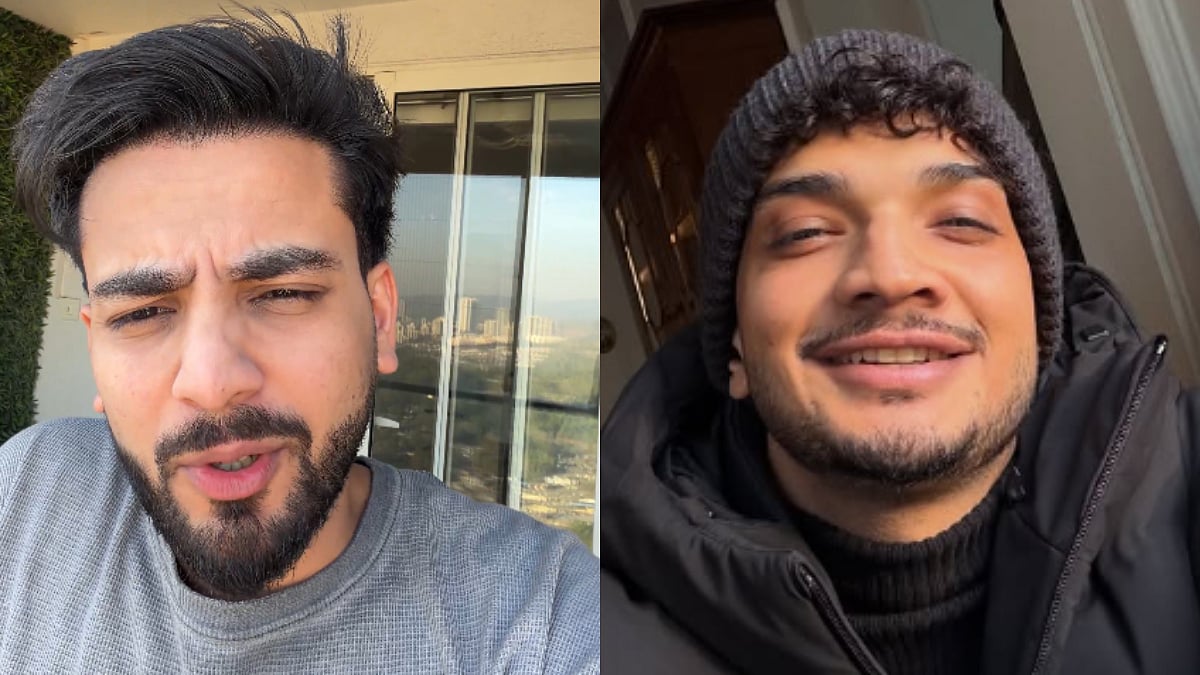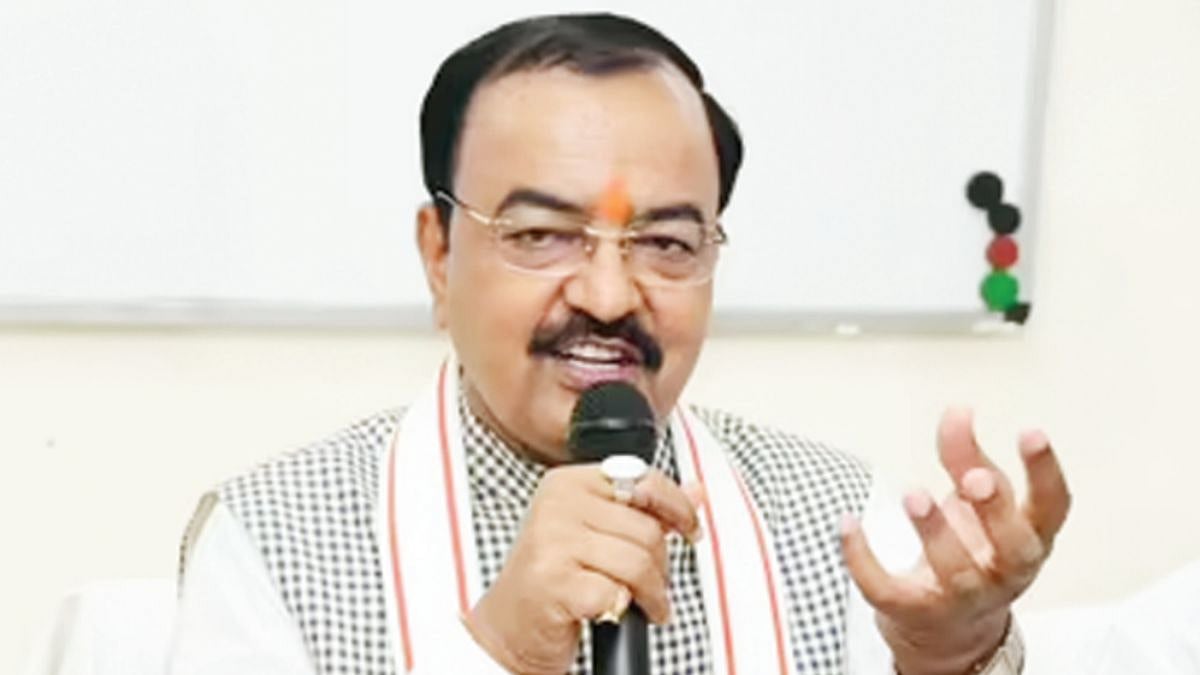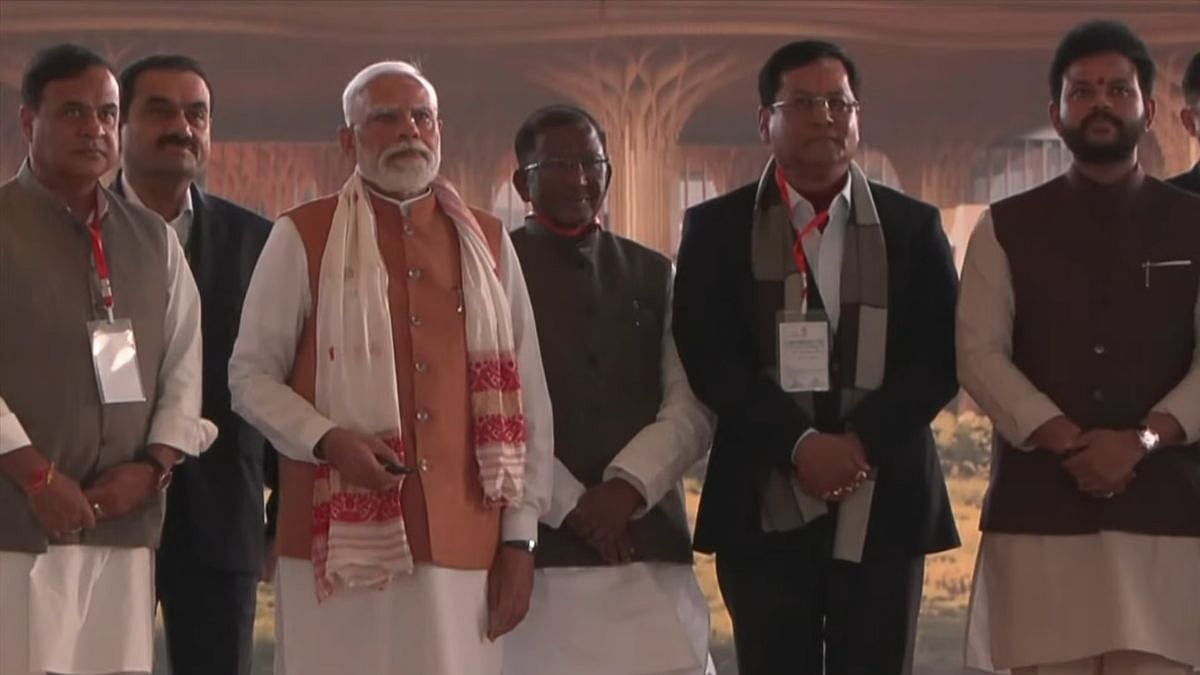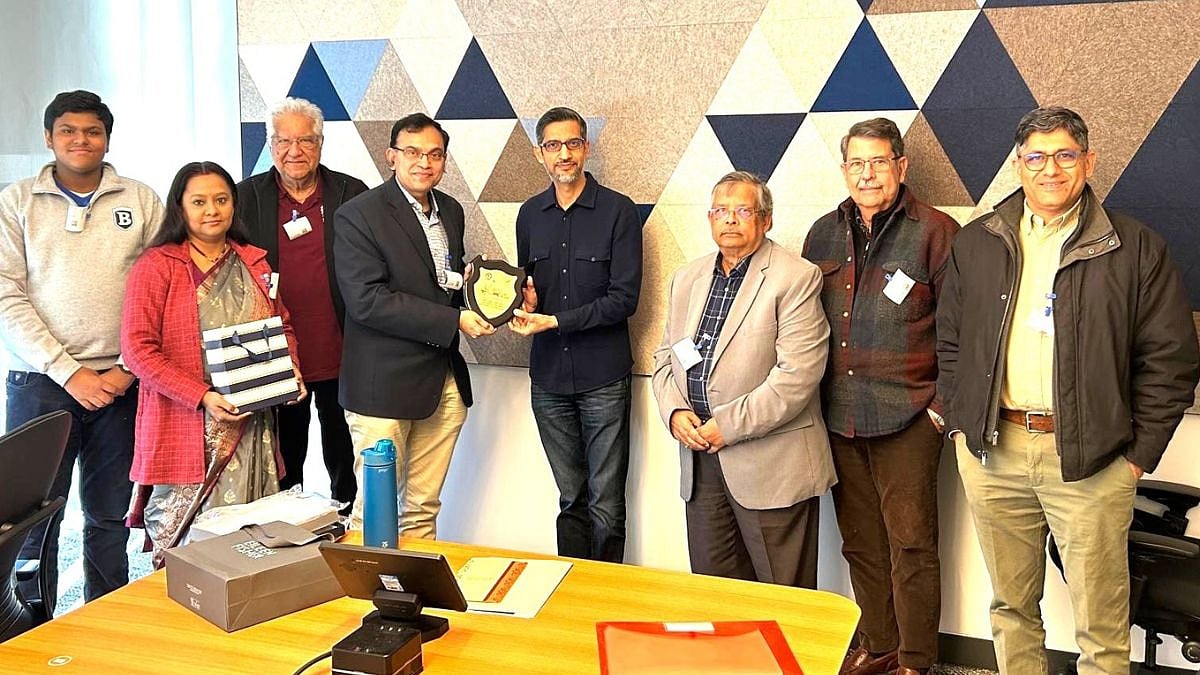Tell us about yourself.
I have done Btech from IITBHU in 2002. So, basically, I am an Electronics Engineer. After that I worked for JP Group for around two and half years. Then I did MBA from Goa Institute of Management.
Why MBA?
MBA is a generic course but creates the right attitude in your mind with respect to business, you start understanding the elements of the business. For example, as an engineer your brain is tuned in a certain way — you are more of a problem solver. However, when you study MBA you start developing an understanding of business, how it is run, and other nuances. For example, when it comes to operations, what are the elements, the hiring process, things to keep in mind about business development, what you want to build, among other things. This is the basic understanding that you get through MBA. So, post-MBA, there was a change in my mindset.
You were the first in your family to go to school?
Yes, I come from a village in UP. In my family, nobody went to school before me, so I had to figure out much by myself. My parents had a small land and we are three brothers. We knew we wouldn’t be able to survive on the land and that we had to do something different. The only tool we had was education. When I was in 10th and had to choose between Arts, Commerce and Science, I didn’t know which stream to opt for. I thought Science was my calling. I used to like Maths too and had topped in the subject in my board exam. I almost scored a full 100. Then I heard about IIT, which is a difficult exam. This was in 1998. I told my parents I wanted to focus on IIT and was moving to Delhi. I was 17 years old then. I spoke to some friends I knew at IIT Delhi. I figured I would need some coaching to prepare and hence attended classes.
What paid off for you?
I came from a village and ended up in IIT. What I did differently was I dreamt big. If you really want to do something you must go for it. You have to take risks to do things beyond normal.
It is felt test prep is still a north Indian phenomenon. What’s your take?
It seems so but it is not the case. Highest number of aspirants for banking are Andhra Pradesh. However, it is perceived that most of those seeking a bank job are from Bihar and UP. Kerala is another place from where aspirants hail, especially for government jobs.
How does the gender ratio compare in your company?
Yes, it is skewed: 30% girls to 70% boys. We are constantly trying to change these figures though. We try to promote success stories of our girl students and those who have done well. We also invite them on our platform to speak about themselves. We offer more discounts to female students. We hope this will motivate more girls to pursue subjects they don’t usually do.
Which is the most profit-making test prep?
UPSC and banking are the biggest revenue contributors to the company. I also believe that this is also a function of the ageing of these different verticals within the company. For example, we can’t expect much from verticals that we started two-three months ago. However, those we started three-four years ago are now becoming big and contributing significant revenue. So, we look at it from a broader perspective and we will attempt to get there for many more exams.
Do you expect the Edtech industry to settle down any time soon?
Yes. Today, offline education is fragmented. Pairing subjects with the best teachers is not always possible in the offline format but definitely possible online. There are thousands of teachers who are doing good in their domain. Good teachers working offline can reach out to few. But online, the market is huge. So, yes, big players will acquire and merge and this will settle down soon when issues like these settle. Players will compare and try to acquire other skills and domain experts who are lacking at their end.
Is your vision on track?
We are working more towards our vision. When I started, it was a small start-up in Noida and when we expanded the centres, we had almost 100 branches across India. We feel happy we are able to help so many people. We now have almost 15-20 million users in all platforms, which will be like almost one per cent of India’s population. Our YouTube channels have 25 million subscribers, which is around two per cent of India’s population. The vision we started with is getting bigger and we are inching closer to it every day.
Do you think Edtech turned teaching into a ‘business'?
I will not agree totally because the objective still remains to help kids learn better. It provides children with more experiential learning as compared to a theoretical one like in the offline format. If we compare offline and online in terms of value and learning possibilities, I think online is much better than offline because we have several tools and technology that can add value to learning. Online, because of the infrastructure, there is a possibility you are learning from the best teachers in that space. Your problems and doubts are solved instantly. And, not to forget Machine Learning. When you are online, your interactions are captured thoroughly by technology, which has the data of several students and yields accurate feedback. Online helps you learn in a virtual environment. You can study something in 360 degrees.
Can you match AI with an actual teacher?
No, a teacher can never be replaced by Artificial Intelligence (AI). AI is more for understanding the capabilities of students and guiding them through learning levels and taking them to the next level. What a teacher does in a physical class, technology can capture data better because it has the data of millions of students and that can do great when we talk of analysis and paving the right direction ahead.
But you, like most others, are still catering to an urban audience?
On our platform, about 80 percent of our audience is from Tier 2 and 3 cities. Interest greatly lies in UPSC, GATE, and government jobs. Our biggest beneficiaries are people who come from the smaller towns and villages. In the big cities, people have money and can pay to get good teachers. However, in smaller places this is missing and that is where online helps. The mobile is changing lives there.
But what about connectivity and devices?
That is being solved. Big companies have entered the market and are reaching far and wide with their cables and connectivity is not so much of an issue in India like it was earlier.
With regards to technology, are we on par with global players?
We are not on par, we are better especially in education. We are probably one of the best across the globe. I don’t see this kind of innovation or technology coming up in any other country because of the kind of need that is there in our country.
India has a number of people who need education services. Probably our current infrastructure in the ecosystem is not able to support it fully. But even in terms of innovation I think we are doing better than most other countries. I don’t know any other country where things are moving in a faster way when compared to India.
Students in India are diverse in many ways, how do you keep up?
When we started in 2016, we started with English and Hindi. For two-three years, we were doing our work in only these two languages. Then we realised our market was bigger. When our vision was to disrupt and help those at the grassroots level, we realised we had to help students who live in a village in Tamil Nadu as well. This meant we had to hire from Tamil Nadu and go vernacular and make a team of people from the diverse ecosystem that students came from.
I compare myself in that scenario: I came from a Hindi medium background UP Board. Everybody in the village spoke a certain dialect, which was very much rural. When I went for coaching in Delhi it was in English. So, today we offer courses in 10 languages. Growth is here.
What is your day like and your family?
My wife and I work in different domains. We decided to work differently because start-up is challenging. I have a 12-year-old son. I start my day at 10 am and finish at 10 pm. So, I hardly get much family time. I am at home mostly on Sundays. But I try to hang around with my son and visit different places.
Any hobbies?
Building a company is so engrossing that you really don’t need to have another hobby. There are many dimensions to starting a company. Hiring people, processes, technology, challenges, and solving problems of different kinds. Finances are another issue that keeps the mind busy. I like to do creative things and use my creativity internally in the company. Hence, when this is happening, one does not need other hobbies.









